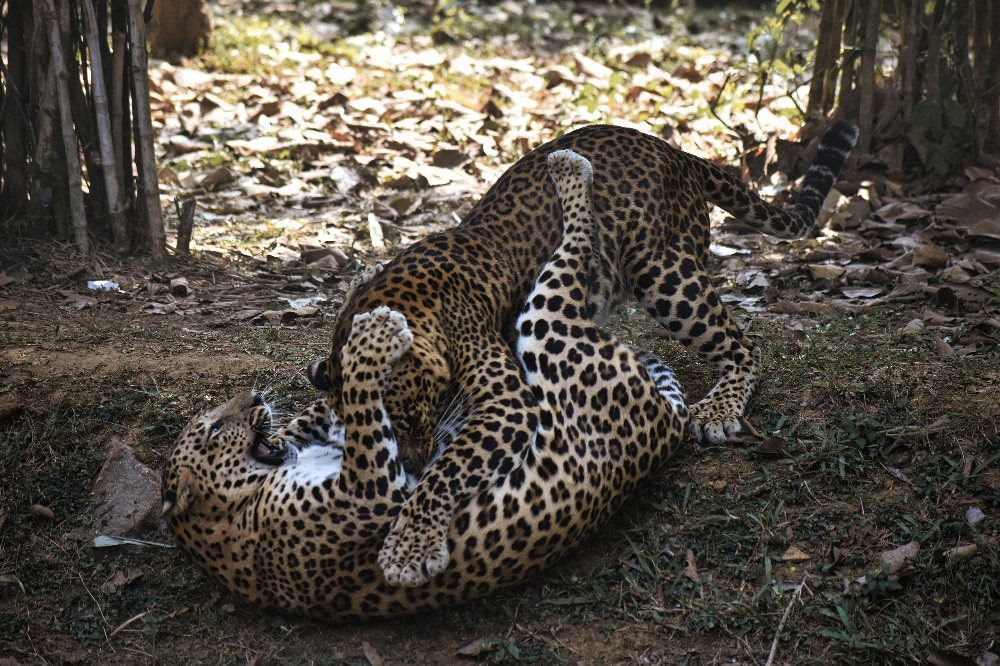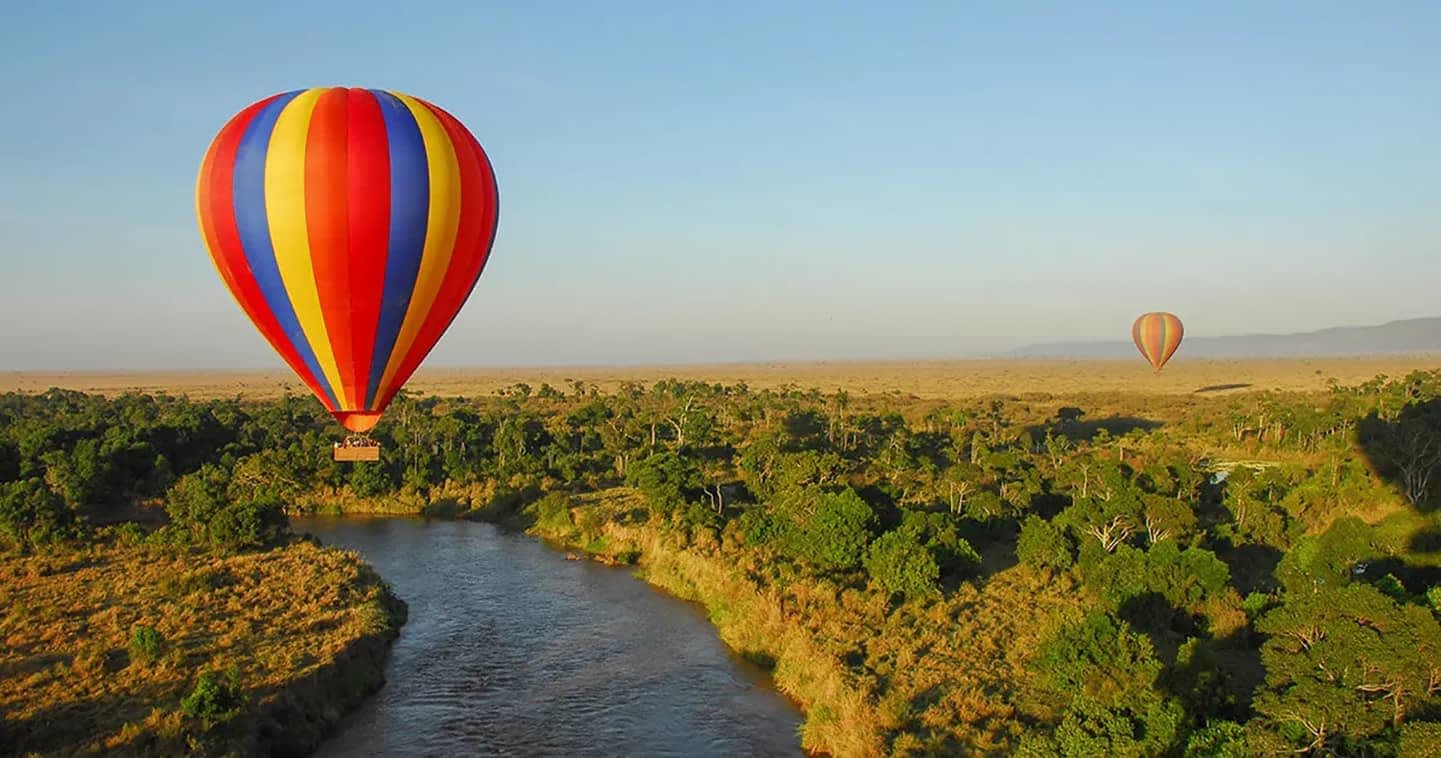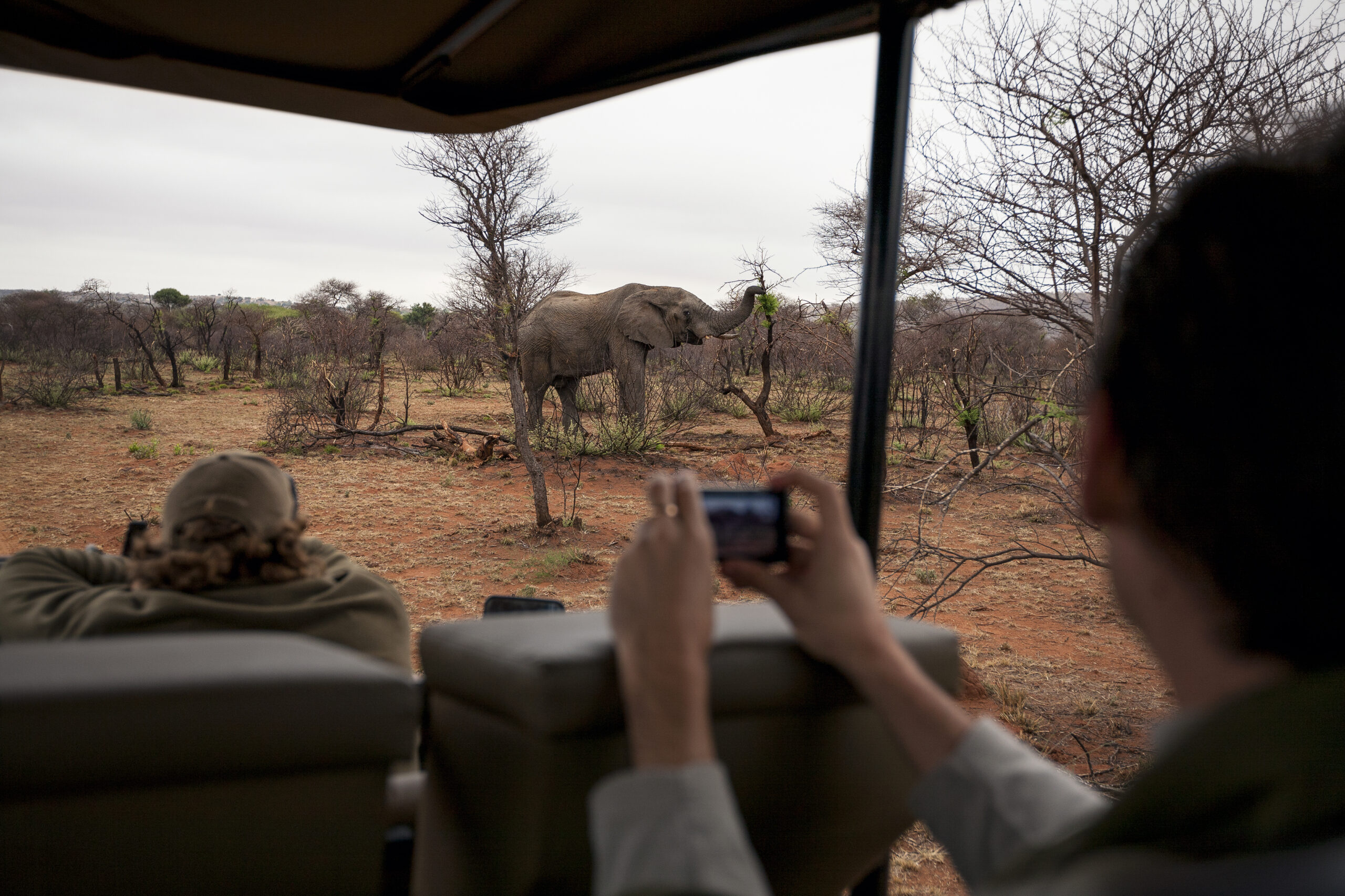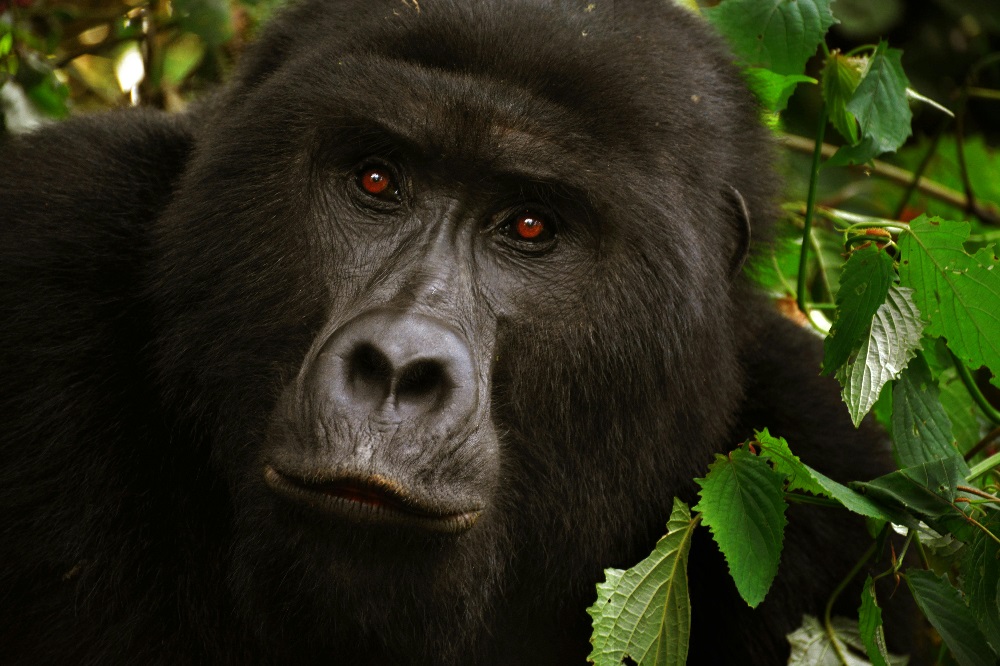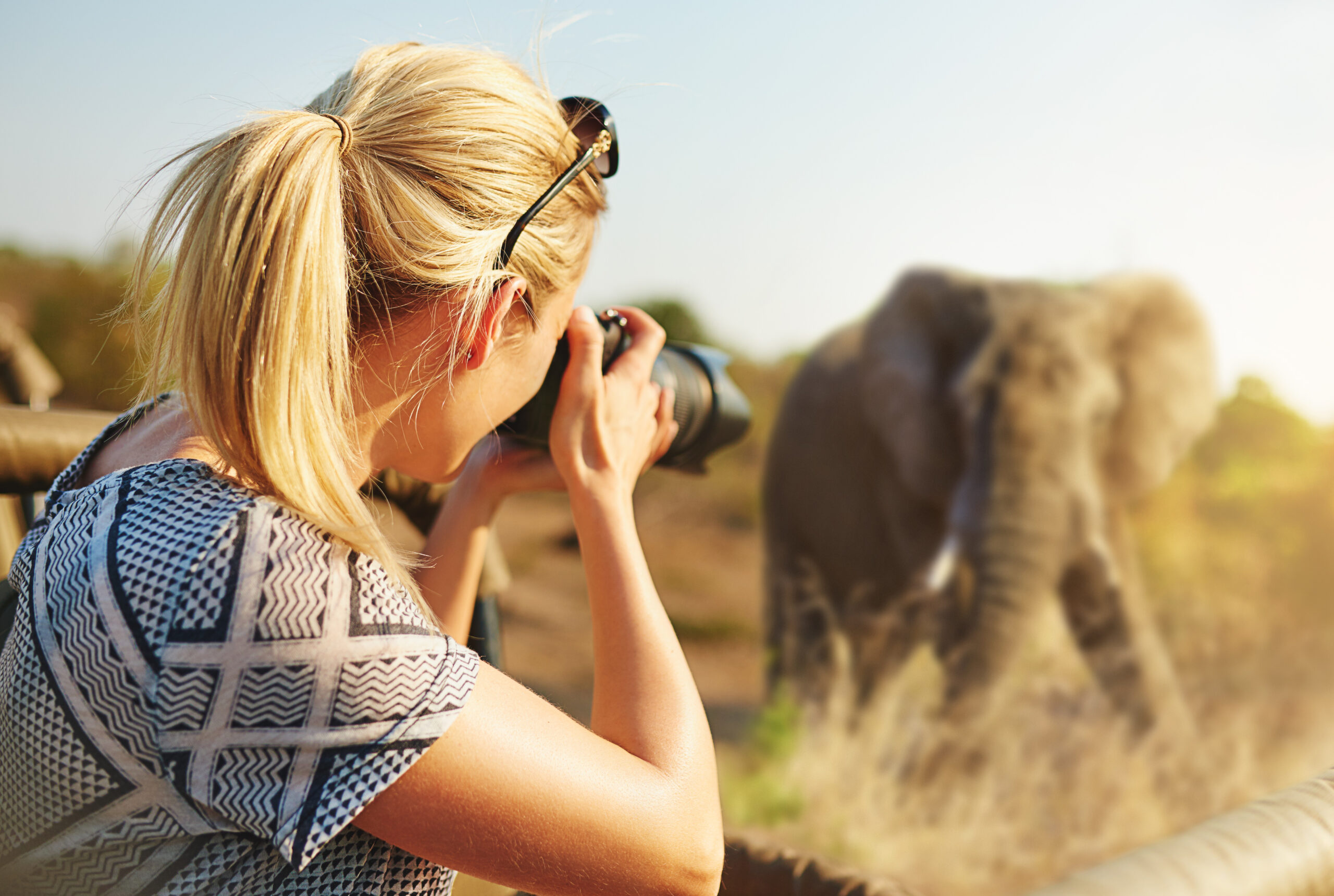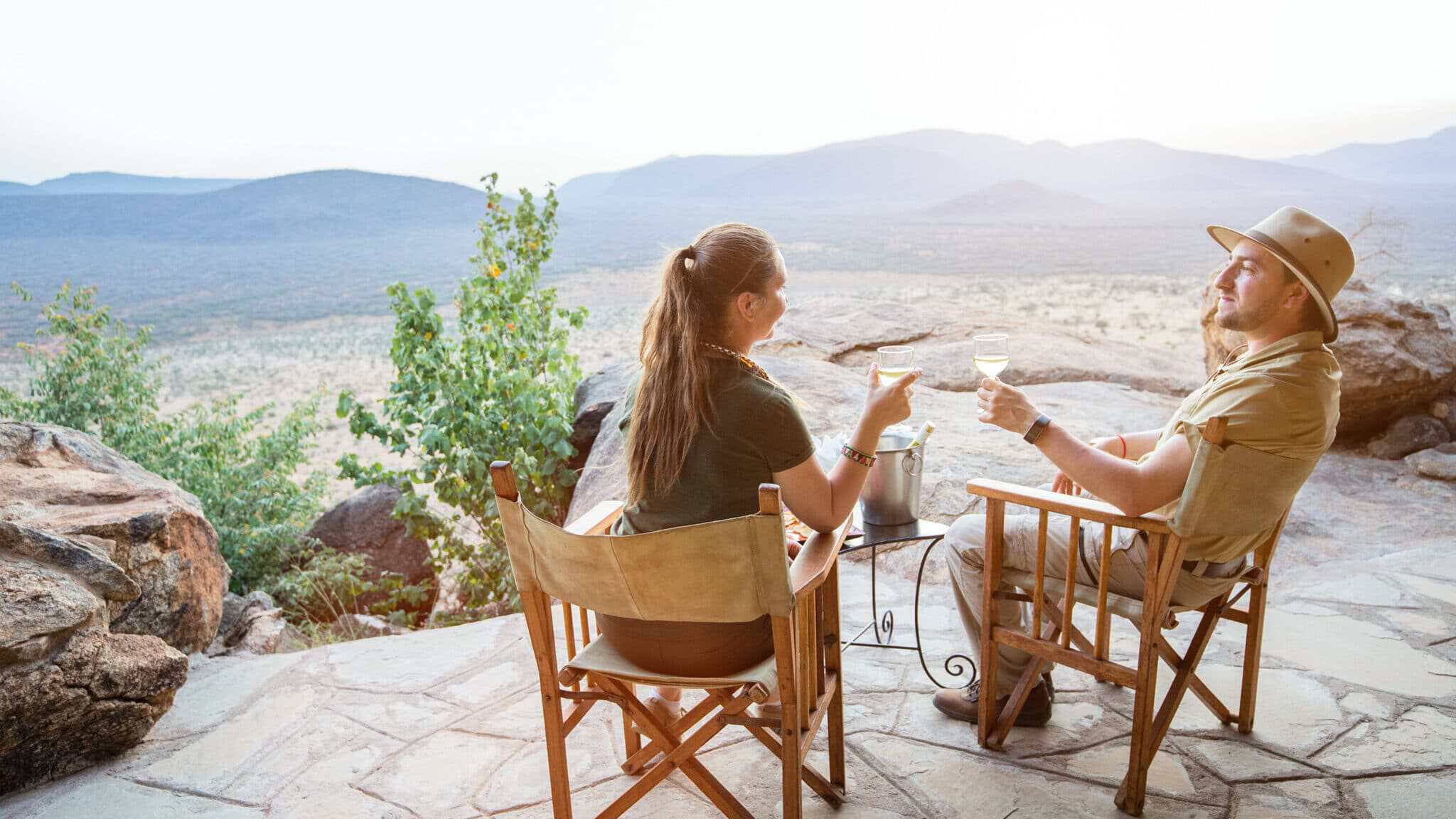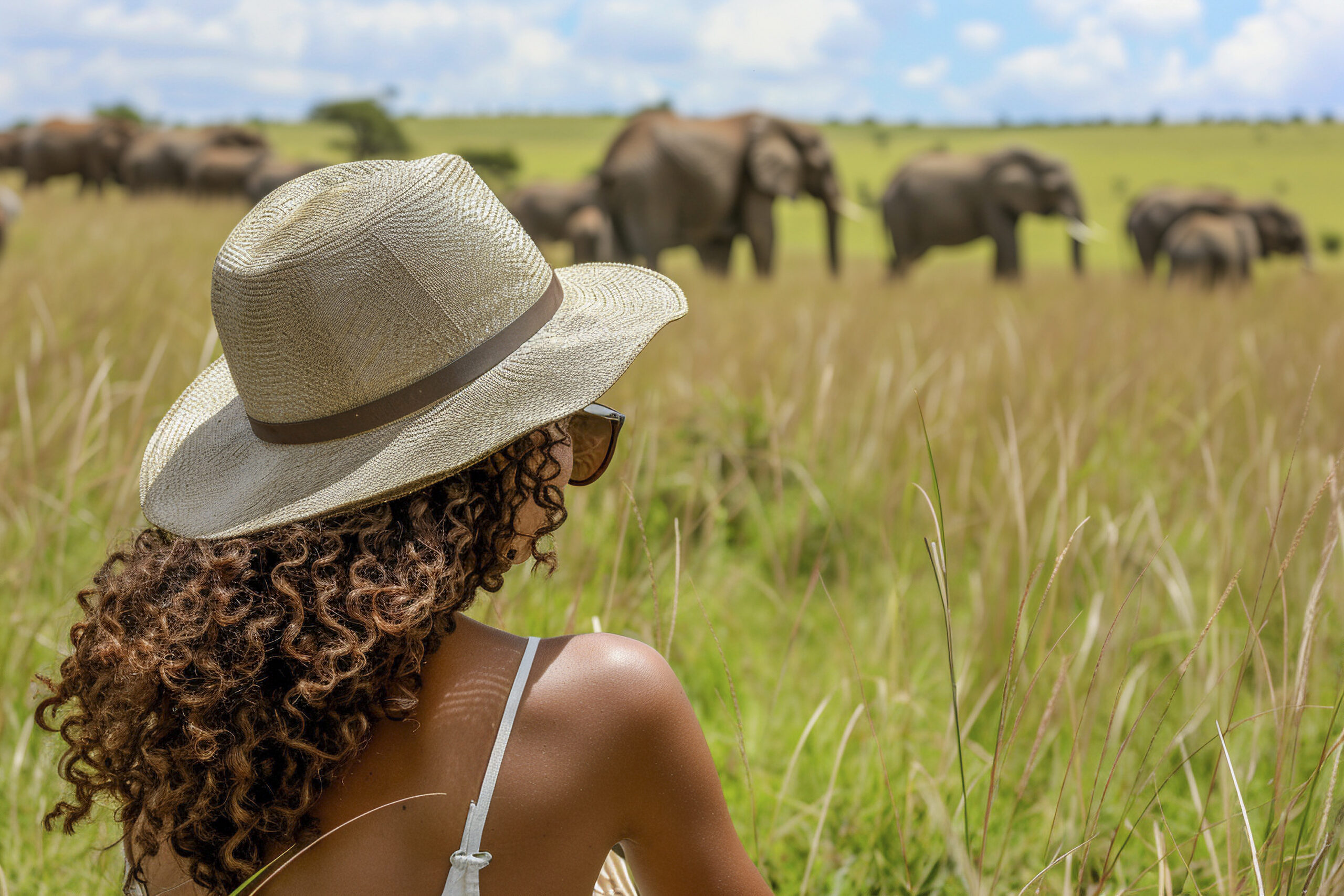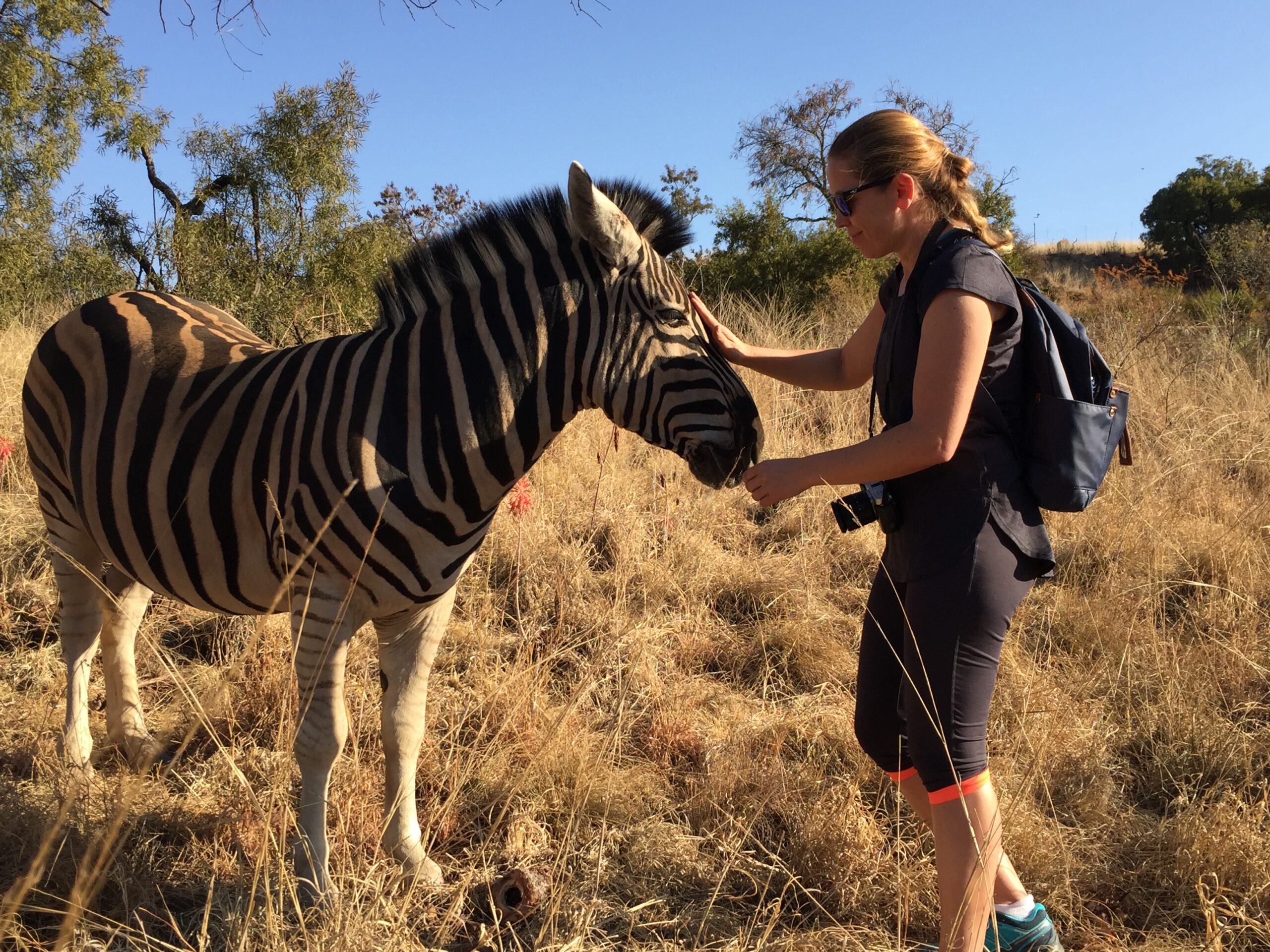When people dream of an African safari, they usually think of lions roaming the open plains, elephants walking slowly in herds, or wildebeests moving across endless savannahs. Africa has many safari destinations, but Tanzania is often considered the best country for a safari. Tanzania is home to famous parks like the Serengeti and Ngorongoro Crater, which are world-class safari locations. In these parks, visitors can see the Big Five animals—lion, leopard, elephant, buffalo, and rhino—as well as countless other species.
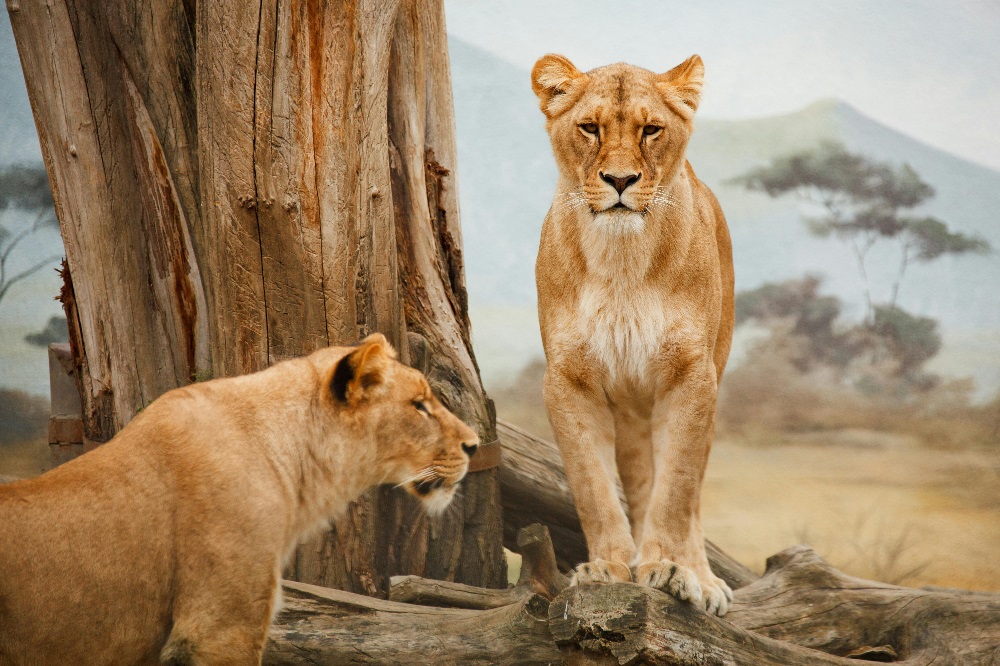
Kenya is also an amazing safari destination, especially for the Great Wildebeest Migration. However, Tanzania covers a larger area with more diverse landscapes, making it easier to enjoy a longer and more varied safari experience. While South Africa is popular for first-time safari travelers because of its easy access and modern facilities, many travelers agree that Tanzania feels wilder and more authentic.
If someone is looking for a true African wilderness safari with fewer crowds and a wide range of animals, Tanzania is usually the best choice.
How many days should you go on an African safari?
The number of days you spend on safari can change your entire experience. Many people think two or three days are enough, but that often feels rushed. The best African safaris usually last between seven and ten days. This gives travelers enough time to explore different national parks, watch animals at different times of the day, and experience both the excitement of game drives and the calm moments of nature.

In Tanzania, for example, you could spend three days in Serengeti National Park, two days in Ngorongoro Crater, and two days in Tarangire National Park. This way, you get to see predators on the hunt, large herds of elephants, and the beautiful scenery of the Rift Valley. A shorter safari may only allow you to see one park, which limits the variety of wildlife and landscapes you will enjoy.
For families or those on a budget, even five days can still give a great safari experience. But if you want to see the Great Migration, a longer safari of at least a week is recommended.
Is an African safari worth it?
An African safari is often described as a once-in-a-lifetime experience, and for good reason. It is not only about seeing wild animals but also about feeling the connection between people, nature, and culture. Safaris may cost more than regular vacations, but the memories created are priceless.
Imagine watching the sunrise over the Serengeti while giraffes walk in the distance. Picture hearing lions roar at night as you sit by the campfire under a sky full of stars. These moments cannot be compared to ordinary holidays. Safaris also give travelers a chance to learn about conservation and the importance of protecting wildlife.
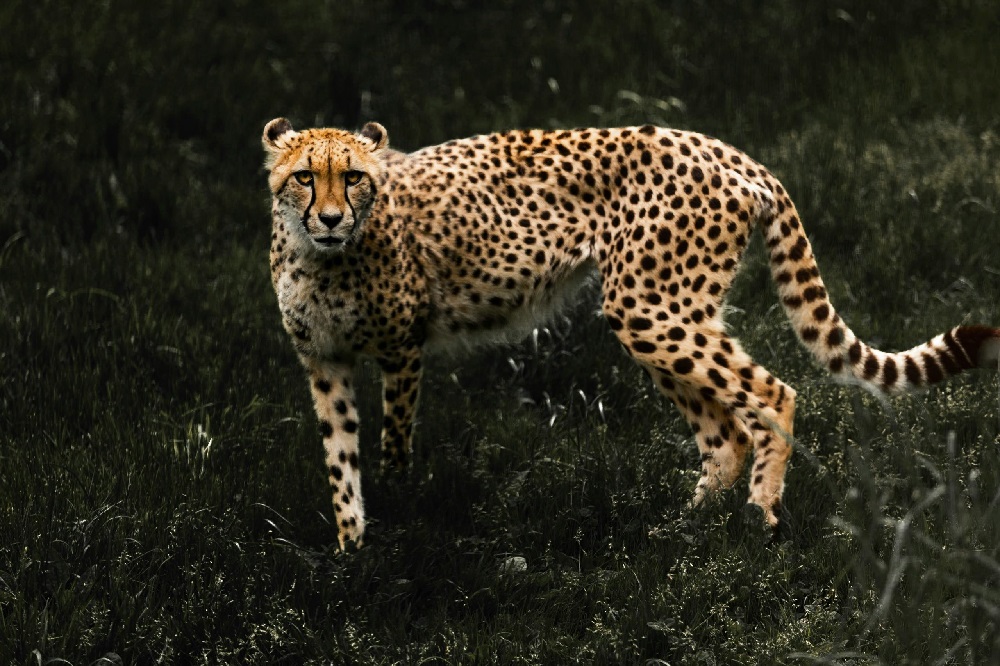
Yes, the cost can be high, especially in luxury lodges. But there are budget-friendly options such as camping safaris that still provide the thrill of being in the wild. Whether you are an animal lover, a photographer, or simply someone who wants to experience something unique, a safari is absolutely worth it.
Is Kenya or Tanzania better for safari?
Kenya and Tanzania are neighboring countries and both are excellent for safari. They share many similarities, but each has its own strengths. Kenya is famous for the Maasai Mara, especially during the Great Migration between July and October. During this time, millions of wildebeests and zebras cross the Mara River in dramatic scenes watched by crocodiles and lions.
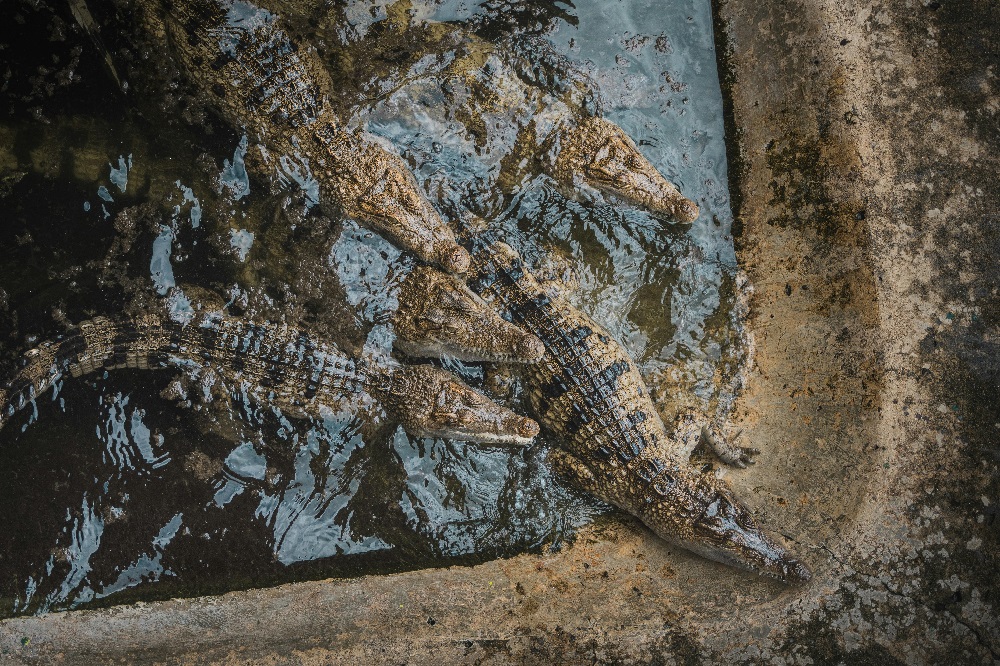
Tanzania, however, offers a larger variety of parks. The Serengeti is also part of the Great Migration, but Tanzania’s side is bigger and less crowded. The Ngorongoro Crater provides a unique safari experience in a collapsed volcanic caldera with thousands of animals in one place. Tarangire is known for elephants, while Lake Manyara offers flamingos and tree-climbing lions.
In terms of cost, Kenya is often slightly cheaper. But Tanzania offers more space, longer safari routes, and a greater sense of wilderness. If someone wants convenience and shorter trips, Kenya is a good choice. But if the goal is to experience a wide, wild, and diverse safari, Tanzania is usually the winner.
How far in advance should you book an African safari?
Booking a safari is not like booking a normal holiday. Most travelers book their safaris at least six months to one year in advance, especially if they want to travel during the busy season. The peak season in East Africa is during the Great Migration, and lodges fill up very quickly.
In Tanzania, booking early is very important because some camps have only a few tents or rooms. For the best experience, you should start planning your safari once you know your travel dates. If you want to visit during Christmas, New Year, or migration season (June–October), booking even a year ahead is recommended.

However, if you are flexible with dates, it is sometimes possible to find last-minute safari deals. These are often in the low season when there are fewer tourists. Still, to make sure you get the best guide, best lodge, and best route, booking in advance is always the safer choice.
Which African safari is best for money?
Not all safaris cost the same. Some countries are more expensive than others. For example, Botswana and Rwanda can be very costly, while Tanzania and Kenya offer more choices for different budgets. The best value-for-money safari depends on what you want to experience.
In Tanzania, camping safaris are usually the most affordable. They allow travelers to sleep in tents close to nature and still enjoy guided game drives. Mid-range lodges provide comfort without being overly expensive, while luxury lodges cost more but come with private vehicles, fine dining, and exclusive services.
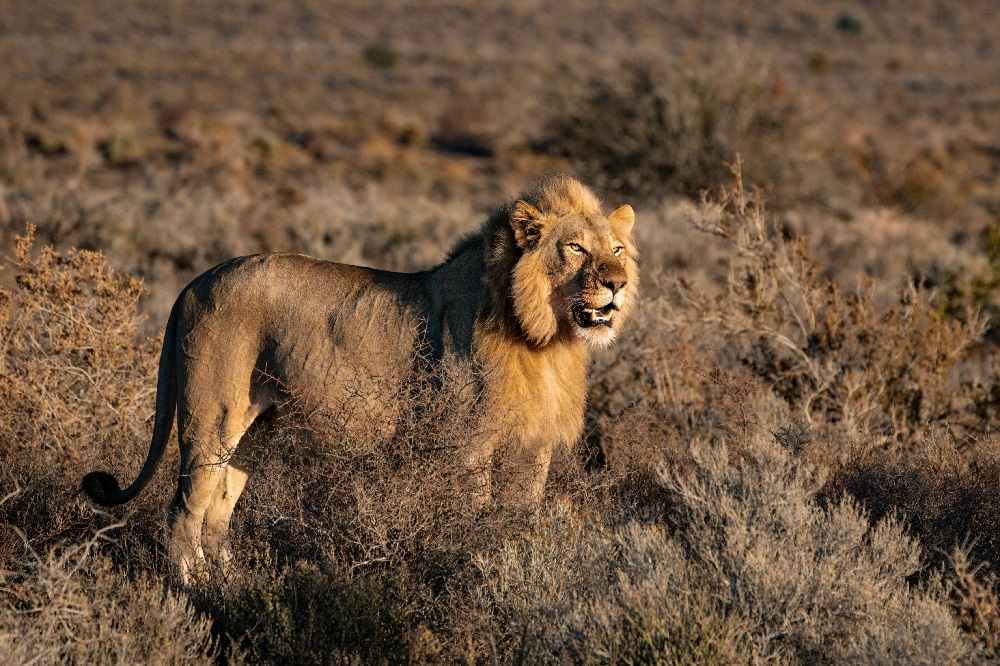
South Africa is also popular for affordable safaris because many parks are accessible by road, reducing flight costs. But for those who want to balance price and experience, Tanzania often gives the best value. You can see the Great Migration, the Big Five, and beautiful landscapes without paying the extreme prices of Botswana or luxury-only countries.
What are the Big 5 in Africa?
The Big Five is one of the most famous terms in safari tourism. It refers to the lion, leopard, elephant, buffalo, and rhinoceros. The term originally came from hunters who considered these animals the most difficult and dangerous to hunt. Today, it is used by travelers and guides as the ultimate checklist for safari sightings.
In Tanzania, it is possible to see all the Big Five. Lions are common in Serengeti and Ngorongoro. Leopards are shy but can often be seen resting in trees. Elephants are found in large numbers in Tarangire. Buffalo roam in herds across most parks, and rhinos can be seen in Ngorongoro Crater and some protected areas.
Seeing the Big Five is always exciting, but safaris also include many other animals like giraffes, zebras, wildebeests, cheetahs, and countless bird species. This makes every game drive unique, with surprises at every turn.

What time of year is the cheapest for safari?
The cheapest time for safari is usually during the low season, also called the green season. In East Africa, this is during the long rains (April–May) and short rains (November). During this time, prices for lodges and tours are lower, and there are fewer tourists.
While the rains can make roads muddy and sometimes difficult to pass, the parks are green and full of life. Animals are still around, and photographers often love the dramatic skies and lush backgrounds. Birdwatching is also excellent during this season.
If budget is a main concern, traveling during the low season is the best choice. Travelers can save up to 30–40% compared to peak season prices, while still enjoying a great safari experience.
What age is good for African safari?
Safaris can be enjoyed by people of all ages, but the experience may differ depending on age. Many lodges allow children as young as four years old, while some camps have age restrictions for safety. Families often find that children aged six and above enjoy safaris more because they can sit quietly and understand the importance of wildlife.
For older travelers, safaris can be comfortable with the right planning. Many lodges offer easy access vehicles, guided walks, and relaxation areas with great views. The key is to choose the right type of safari. Families with young kids may prefer lodges with swimming pools and short game drives. Elderly travelers may prefer private tours with flexible schedules.

In short, safaris are suitable for almost every age, as long as the trip is planned with their needs in mind.
What is the best time of year to do a safari in Kenya?
Kenya is famous for the Great Wildebeest Migration, which usually happens between July and October in the Maasai Mara. This is the most popular time to visit because of the dramatic river crossings and predator action. However, it is also the busiest and most expensive season.
January to March is another great time for Kenya safaris. The weather is warm and dry, and animals are easier to spot around water sources. April to June is the rainy season, which is less popular but offers green scenery and lower prices.
Overall, the best time for Kenya depends on whether you want to see the migration or enjoy fewer crowds. For migration, July–October is ideal. For budget and quieter safaris, January–March or November are better choices.

What are the best African safari tour operators?
Choosing the right tour operator is very important for a successful safari. Good operators provide experienced guides, safe vehicles, and well-planned itineraries. They also handle bookings for lodges, flights, and park fees, making the trip stress-free for travelers.
Some of the best safari operators in Tanzania include local companies with years of experience. They know the parks well and understand animal behavior, which makes the safari more enjoyable. International companies also offer safaris, but they are often more expensive.
When choosing a safari operator, travelers should look at reviews, ask for recommendations, and compare packages. A good guide can make the difference between a good safari and an unforgettable one.

